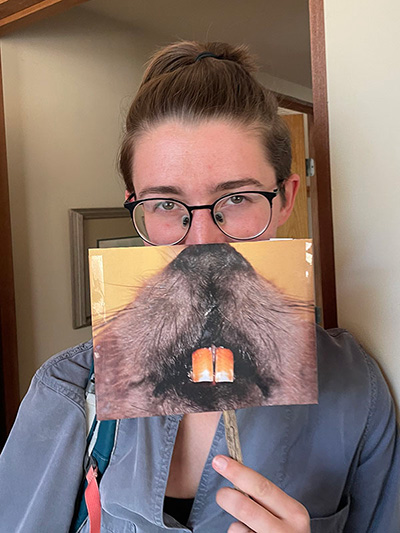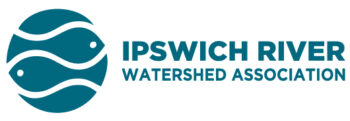I keep hearing the phrase “last-mile problem” all over the place. Most recently, economists on NPR bemoaned some last-mile problem in our economy, and my ears pricked up. The phrase struck me because my boss (the great Erin Bonney Casey) brought up the point recently that IRWA’s headquarters has its own last-mile problem.
Erin meant that though Ipswich is technically accessible by train, you would need a car to get to IRWA headquarters. In other words, there’s a problem in the last mile of the trip.
That led me to think about all the last-mile problems in my own life. On a daily basis, for example, I have trouble with laundry. Sorting, stuffing, switching, and folding is no problem: but I am so bored by the time I can put the clothes away that usually they just sit in a laundry basket, clean and folded.
Once I spent four hours trying to close out the last mile of a 20-mile hike (called, dramatically, el Dragonte). I thought I would never get there. For every ten feet of progress I made, I would slump on the ground and eat another square from my king-sized chocolate bar. I did get there, in the end! I finished that last mile because, finally, a small group of backpackers caught up to where I sat, eating chocolate on the ground. They kept me company as we all limped to the finish.
Lesson learned: company makes the last mile less of a problem.
Environmentalism suffers from a last-mile problem, too. Does this sound familiar? You hear about an environmental issue. You decide to learn more. You make sustainable changes at home to reduce your own part in the problem. And, if you’re like the 64% of people surveyed in a 2022 Yale report, you then get to worry about it forever, unsure if you have made a difference. Or maybe you’re like one of the 10% of people who reported feeling “nervous, anxious, or on-edge because of global warming.” Maybe you know that the last mile in environmental change is collective action and policy change – but you just can’t walk it alone.
There’s good news, though: that’s not how it has to be! Another Yale study from earlier in 2022 surveyed about 300 college students and found that students who participated in collective action – anything from community outreach to advocacy with a group – were less likely to have mental health symptoms stemming from worry about climate change.* So, in environmental action, as in wellbeing, we do better when we’re together.

So we’re throwing a party!
IRWA is going to host river action parties, and we will continue to throw river action parties on a monthly basis for as long as they help people build community, take action for the Ipswich River, and feel hopeful for the future. A river action party is one solution to the problems of worry, loneliness, and the local issues facing our river and the communities that are intertwined with it.**
Pictured left: Our Environmental Educator, Emma Hughen
At a river action party, you can expect to spend an hour or two hanging out with other people who care about the environment. At each party you will be able to take part in collective action while you’re still in the room. During our kickoff, for example, you’ll be challenged to look up your legislators if you don’t already know them – and you can send an email with a pre-written template expressing your support for river-friendly legislation. Collective action: achieved! Friends: made!
So, please bring a friend, and bring your ideas for future river action party themes. Celebrate the last mile of 2023 with us, and we can walk that last mile from environmental awareness to collective environmental action together. I’ve seen the guest list so far, and trust me: you don’t want to miss this one!
Endnotes:
*Gallup polls have something to say on it too: while people are feeling lonely across the globe, people are also increasingly prioritizing community activities.
**Some might ask: why focus your actions and parties on a river? Rivers all have drainage basins, AKA watersheds. Watersheds are geographical regions that cross political borders and connect environmental systems. Life, geology, and the water cycle all make up a watershed. The Ipswich River provides drinking water to 350,000 of your closest friends and neighbors, and it connects every community from Wilmington out to the sea. It is impacted by every choice we make on land. It supports life on its banks, in its depths, and in the clam beds at its mouth. The last mile of the Ipswich River holds in it every choice made upstream. So, if you’re going to focus on a local environmental issue that can have broader impacts, you could do worse than a river and its watershed.
Sign Up for our kick-off party on December 3rd:

